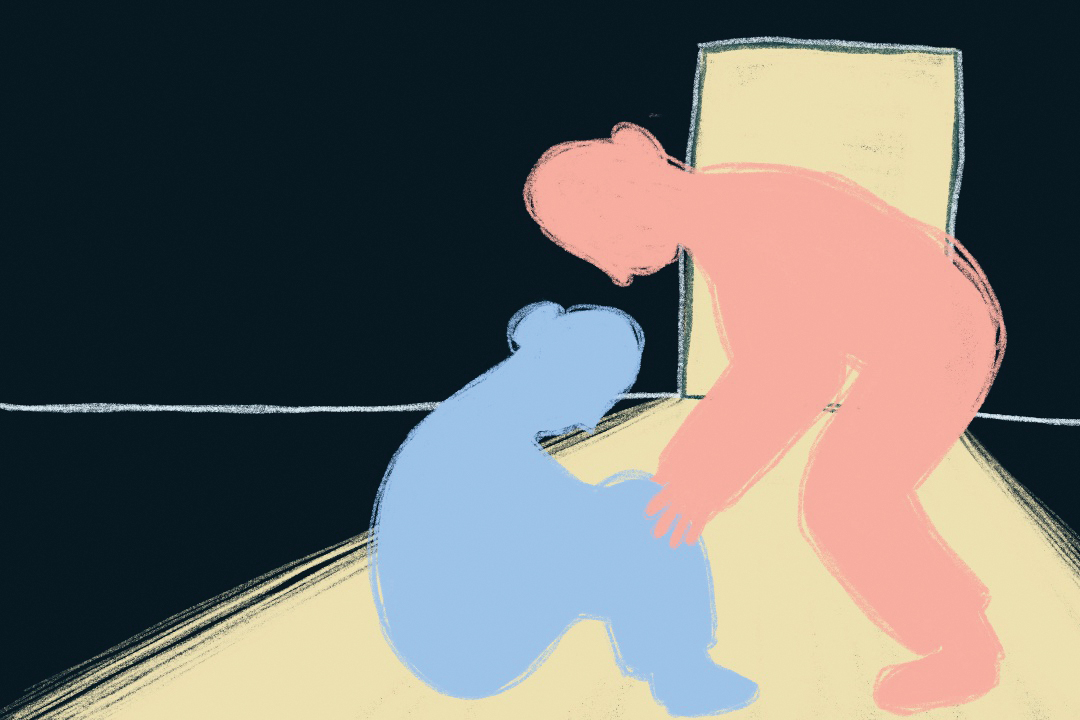Content warning: This article mentions police violence.
Within the next few weeks, a new mental health response team is set to launch in Toronto. This mental health response team, which is a civilian-run initiative, will be led by nurses and mental health workers rather than law enforcement, showcasing a significant advancement in Toronto’s focus on mental health and well-being.
By allowing mental health professionals to respond to mental health calls, people in crisis will receive proper care, which contrasts with past situations in which law enforcement has violently and inadequately responded to such calls. Beyond supporting citizens’ mental health, this initiative will work to rekindle the distrustful relationship between civilians and the system, especially given recent events involving police violence during mental health checks.
The visibility of the response team could also result in a destigmatization of mental health and has the potential to transform our overall cultural and societal understanding of mental illness. The creation of the response team signals to the public that mental illness must be visible rather than hidden and shameful. Legitimizing mental health as an issue worthy of attention may bring about opportunities for further funding for other projects, and by making mental illness visible to the public, we may be able to find better solutions for Torontonians impacted by mental health issues.
Mental illness is a complex and nuanced topic that is interconnected with several other social and personal issues. Although anxiety and depression are starting to be widely talked about and better understood, more complicated mental disorders remain relatively unknown or misunderstood. Many fail to see mental health issues for what they are — health issues.
This isn’t to say that no progress has been made to destigmatize mental health. In the past few years, the stigma surrounding the issue has decreased, and mental health initiatives have been implemented in many areas of life. During the COVID-19 pandemic, for example, organizations like Youth Wellness Hubs Ontario implemented mental health initiatives targeted toward youth, such as offering virtual counselling sessions.
The response team’s initiative could help further improve social understanding of mental illness by highlighting it as a socially and structurally constructed issue. Poverty, discrimination, education, unemployment, and inequality — all structural and solvable issues — can increase the likelihood that someone will struggle with their mental health. Toronto’s northeastern areas and the eastern areas of downtown Toronto, followed by its northwestern areas and the western areas of downtown, are of the greatest concern in this respect. These places are where the pilots of the response team program will launch first.
By focusing on areas that have a higher need for mental health services, the response team takes a vital first step in addressing the structural issues that make them necessary, which may place significant pressure on our governments to address and solve the underlying problems that created this need. At the same time, we can better understand mental health on a personal level and destigmatize it on a social level. We can work collectively to better understand mental illness while also addressing its interconnectedness with other major social issues.
The response team will also replace law enforcement and police on mental health calls. There have been several recent incidents involving police violence in response to mental health calls, such as the deaths of Regis Korchinski-Paquet and Ejaz Choudry, both of whom were killed by police during mental health checks despite posing no serious threat. These incidents, as well as other situations that have involved police brutality, continue to stoke distrust toward the police and the governmental system as a whole.
Furthermore, by virtue of it being civilian-led, the response team could help rekindle trust between citizens and the government. For certain groups — especially those who have historically been marginalized and victimized by the police — rebuilding this relationship, while very difficult, is extremely important as it motivates people to reach out during times of crisis.
Indigenous people, for example, have higher rates of mental illness due to several external stressors and structural inequalities, yet they also report a higher mistrust and fear of the police compared to non-Indigenous people. It is vital that all citizens feel safe and secure in their decision to reach out for help, especially those who face social and structural barriers that might bar them from receiving treatment.
Rekindling trust is crucial — a positive relationship between citizens and the governmental system may promote greater social cohesion, which can improve the well-being and functionality of society as a whole. Furthermore, destigmatizing mental health and better understanding the societal factors that affect it can foster greater trust and solidarity between citizens and the government. Hence, Toronto’s new mental health response team is an extremely significant development for the city of Toronto and has great potential to positively impact all citizens.
Ayesha Firoz is a first-year humanities student at Victoria College.


